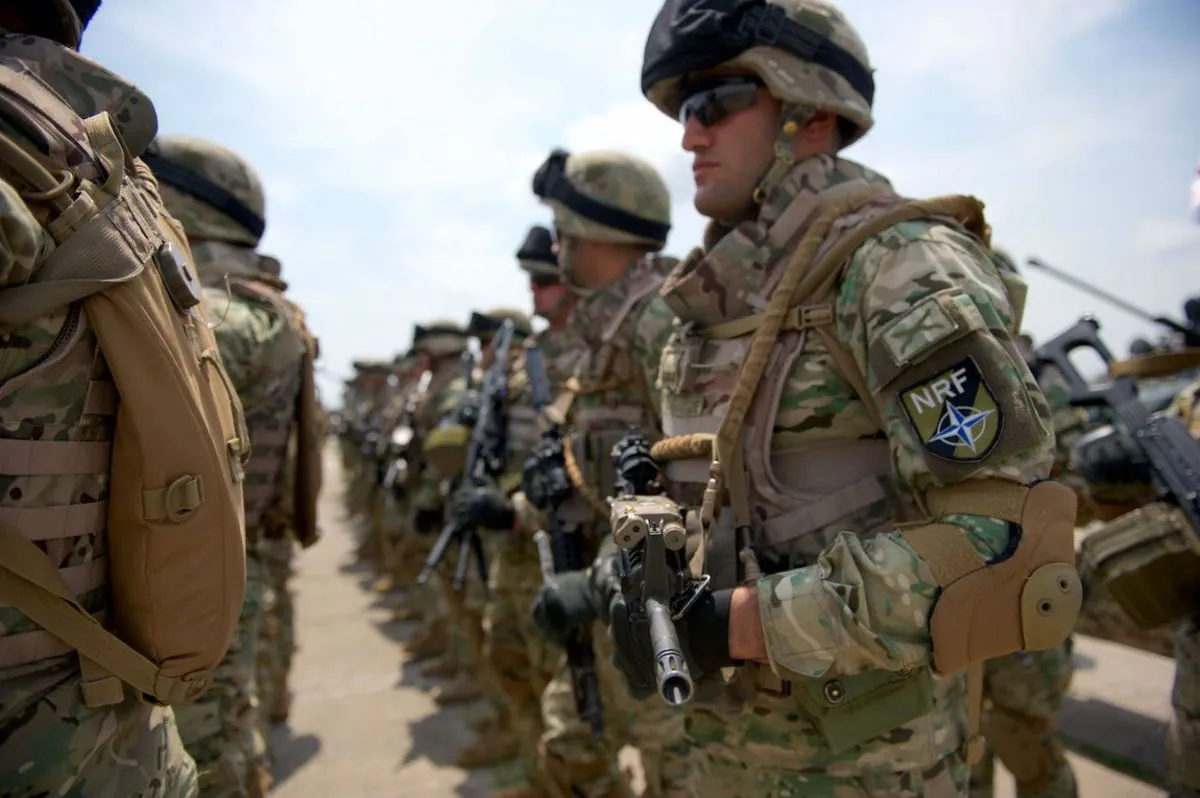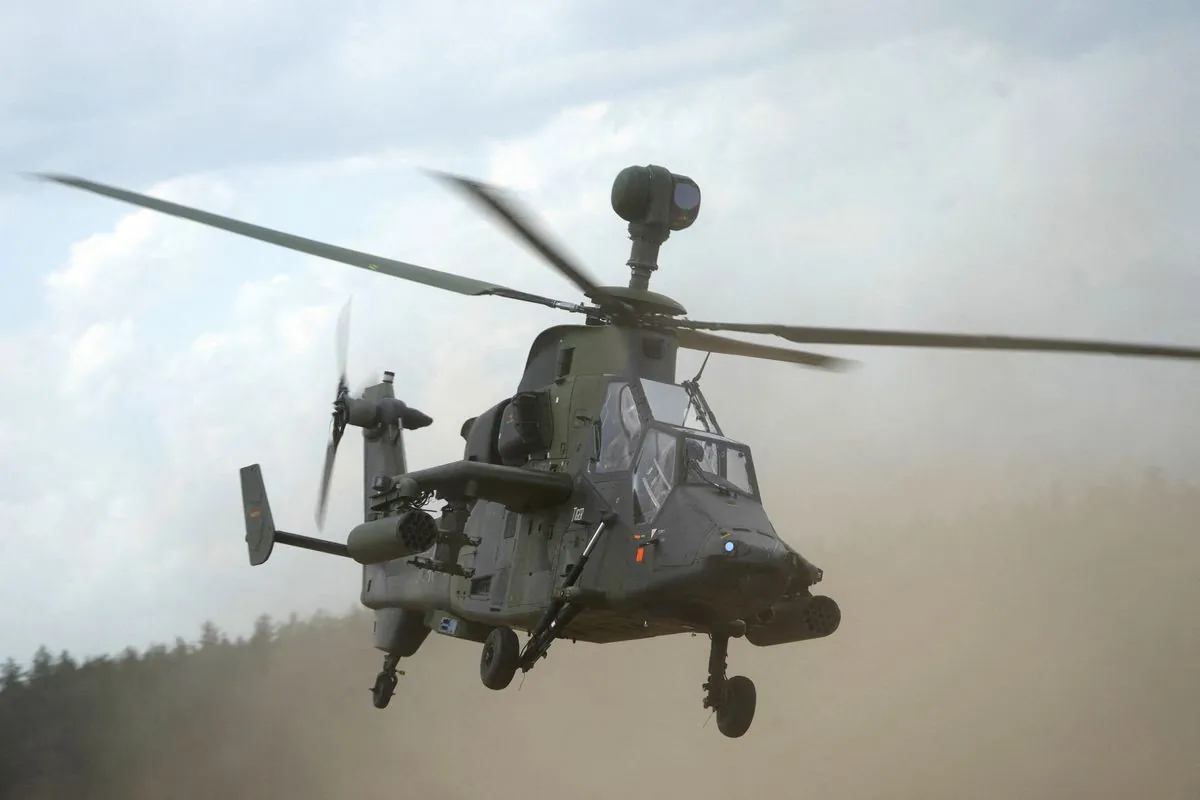NATO's Urgent Push to Bolster European Defenses Amid Global Uncertainties
NATO assesses critical defense shortfalls in Europe, focusing on six key areas. The alliance faces challenges in achieving goals amid budgetary constraints and potential political shifts.

In a recent development, NATO has intensified its efforts to evaluate and enhance Europe's defense capabilities. This initiative comes in response to growing concerns about potential aggression and the need to adapt to evolving global challenges.
The alliance has identified six critical areas requiring immediate attention:
These findings emerged from confidential discussions with 12 military and civilian officials, highlighting the significant work ahead for the 32-nation alliance.
NATO's planners have been meticulously assessing the minimum defense requirements necessary to implement the most extensive overhaul of its capabilities in three decades. This assessment, recently shared with national governments, provides a rough estimate of the substantial financial investment required to address these shortfalls.

The alliance aims to transform these requirements into binding targets for individual governments by autumn 2025, coinciding with a scheduled meeting of defense ministers. This timeline underscores the urgency of the situation and the need for swift action.
One of the most pressing concerns is the need to increase troop numbers. NATO planners estimate that between 35 and 50 additional brigades, equivalent to 105,000 to 350,000 soldiers, may be necessary to effectively counter a potential Russian attack. This substantial increase in personnel highlights the scale of the challenge facing European nations.
"We need to recognize that for America, whatever the result of the presidential election, the priority is increasingly going to shift to the Indo-Pacific, so that the European nations in NATO must do more of the heavy lifting."
The upcoming U.S. presidential election in November 2024 has added an element of uncertainty to NATO's plans. Some European policymakers have acknowledged that, regardless of the election outcome, European nations will need to significantly increase their military spending and capabilities.
Germany, for instance, faces the daunting task of quadrupling its air defenses. This includes not only increasing the number of Patriot batteries but also enhancing shorter-range systems to protect bases, ports, and the expected influx of over 100,000 troops in the event of heightened tensions or conflict.
Logistical challenges also loom large in NATO's planning. The alliance is working on detailed maps to ensure efficient transportation of food, fuel, and water to troops along supply lines. Additionally, planners are addressing the complexities of moving forces across varying railway gauges between Germany and former Soviet Baltic states.
Cyber defenses have emerged as a critical component of NATO's strategy. The alliance recognizes the need to protect against potential hacking attacks that could disrupt troop deployments and compromise critical infrastructure.
As NATO continues to adapt to the changing geopolitical landscape, it faces the challenge of balancing the need for increased defense spending with potential political backlash from taxpayers already grappling with economic pressures. The alliance's ability to navigate these complex issues will be crucial in ensuring the security and stability of its member nations in the years to come.


































